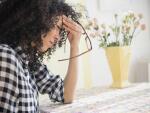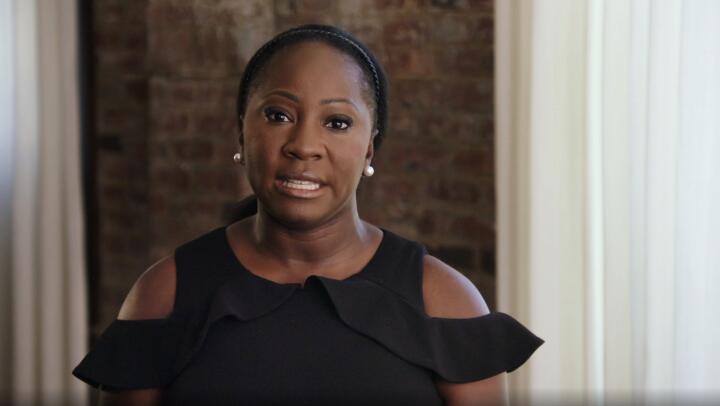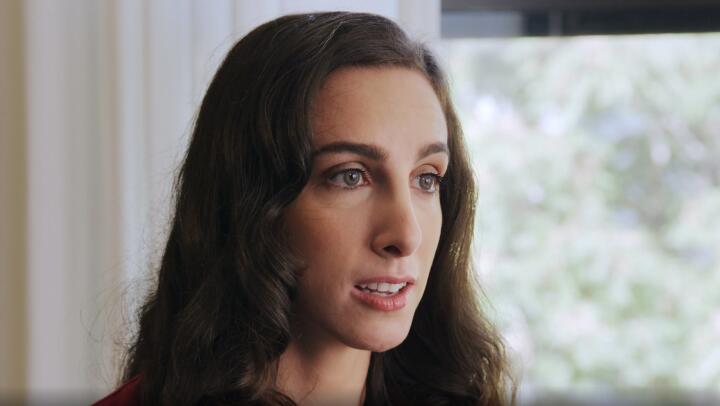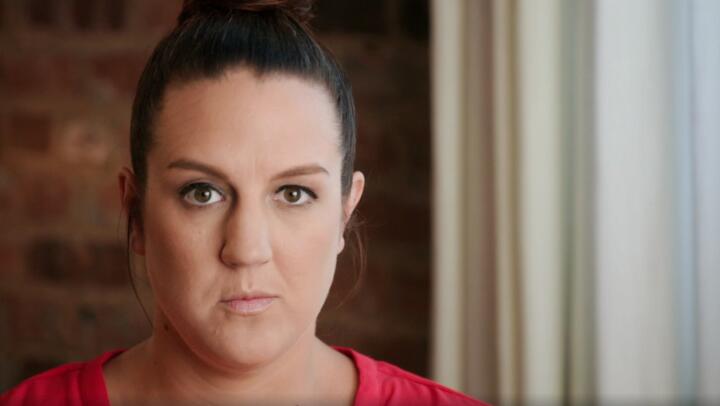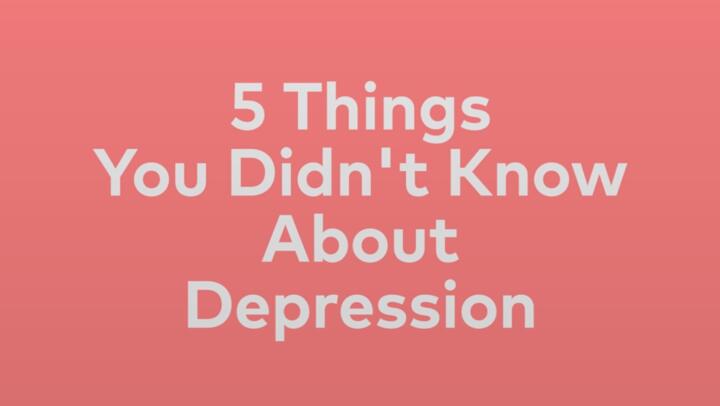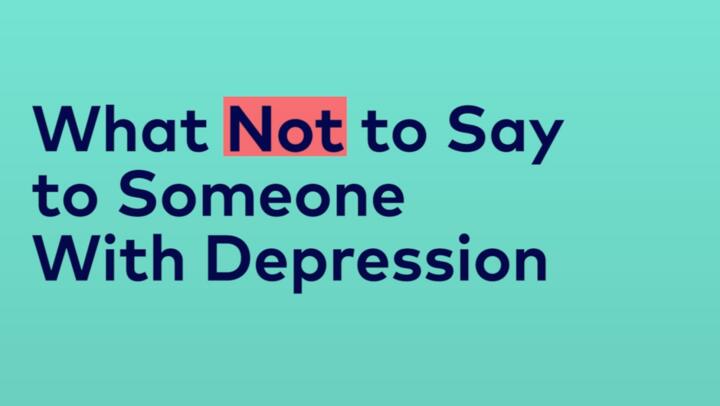What is atypical depression?

Atypical depression is also called major depressive disorder (MDD) with atypical features. People with atypical depression experience many of the same symptoms as those with MDD, also known as clinical depression. However, they also experience additional symptoms that are not typical depression symptoms.
One of the
What are the symptoms of atypical depression?
Atypical depression shares many of the same symptoms as MDD. According to the Diagnostic and Statistical Manual of Mental Health, Fifth Edition (DSM-5), a person must meet certain criteria to receive a diagnosis of atypical depression.
These criteria include:
- mood reactivity
- two or more of the following features:
- increase in appetite
- increase in sleep
- heavy feeling in arms or legs
- sensitivity to interpersonal rejection that results in social or occupational impairment
- criteria for melancholic or catatonic features of depression are not met
A person will need to experience these symptoms for at least
Atypical depression vs. major depressive disorder
There are similarities and differences between atypical depression and MDD.
| Atypical depression | Both | Major depressive disorder |
|---|---|---|
| mood reactivity | appetite changes | persistent depressed mood |
| leaden feeling in arms or legs | sleep changes or disturbances | difficulty concentrating |
| interpersonal rejection sensitivity | feelings of agitation | psychomotor disturbances |
| fatigue |
Symptoms of both atypical depression and MDD
What causes atypical depression?
Depression is one of the
- genetic factors
- biological factors
- environmental factors
- psychological factors
Some experts
Risk factors
Risk factors for the development of depression include:
- personal or family history of depression
- trauma, stress, or major life changes
- some medical conditions and medications
How do doctors diagnose atypical depression?
The diagnosis of depression typically begins with your doctor or mental health professional asking questions about your symptoms. They may ask about specific symptoms and how long you have been experiencing them.
Typically, you will only receive a diagnosis of atypical depression if you have been experiencing two or more symptoms of atypical or other types of depression for at least
Your doctor or mental health professional
How is atypical depression treated?
Treatment for depression typically includes psychotherapy, medication, or a combination of the two.
Typically, mental health professionals use psychotherapy to help treat depression, including cognitive behavioral therapy (CBT) and interpersonal therapy (IPT).
Antidepressants have proven to be an effective treatment for depression. However, the type of antidepressant doctors prescribe for atypical depression differs from those for other types of depression.
Typically, doctors prescribe selective serotonin reuptake inhibitors (SSRIs) to treat depression. However, research indicates that monoamine oxidase inhibitors (MAOIs) may be a more effective treatment for atypical depression.
Work closely with your doctor and mental health professional to find the most effective treatment for you.
Learn more about psychotherapy.
Tips for living with atypical depression
Working with a mental health professional to find the most suitable treatment for you is important in managing and overcoming depression. However, some non-medical therapies and techniques might help.
In addition to treatment, you
- doing regular physical activity or exercise
- maintaining a regular sleep schedule as much as possible.
- eating regular balanced meals
- learning to prioritize and set boundaries according to your abilities
- avoiding using alcohol, nicotine, or other drugs.
Summary
Atypical depression is a type of depression that includes symptoms that are not typically present in MDD. However, people with atypical depression will likely experience symptoms common to other types of depression.
The symptoms of atypical depression include mood reactivity and a heavy feeling in your arms or legs.
Treatment for atypical depression usually includes antidepressant medication and psychotherapy.
If you experience symptoms of atypical depression for 2 weeks or more, contact your doctor or mental health professional.




